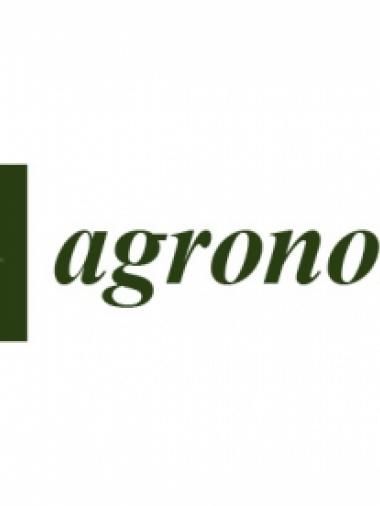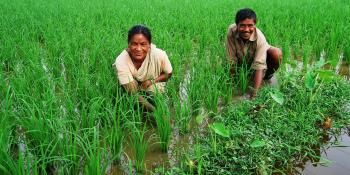Unpacking the Processes That Catalyzed the Adoption of Best Management Practices for Lowland Irrigated Rice in the Mekong Delta

Vietnam is supportive of the transition to sustainable rice production in the Mekong Delta. The national program promoted best management practices for rice production through “1 Must Do and 5 Reductions” (1M5R). This review traces the technological development and uptake of 1M5R in national policies and by end-users. We highlight the outcomes from various policy-supported initiatives and unpack plausible pathways that generated the widespread adoption of 1M5R in eight provinces in the Mekong River Delta: at least 104,448 smallholder rice farmers were reached, and 1M5R practices adopted on 113,870 hectares. The scaling of 1M5R was enabled through a convergence of different socio-technical systems with varied foci, including sustainability certification, contract farming, consolidation of production, and improved use of inputs, aside from the development of sustainable technologies. In addition, 1M5R was promoted with incentives generated by a World Bank project and other initiatives in line with a national policy of increasing the quality of rice production for national and international markets. The interconnections of varied socio-technical systems, enacted by different intermediaries, catalyzed the spread of 1M5R. The widespread adoption by smallholder farmers increased their profits and raised awareness across diverse stakeholder groups of the higher marketability of rice produced with sustainable practices.
Citation
Flor RJ, Tuan LA, Hung NV, My Phung NT, Connor M, Stuart AM, Sander BO, Wehmeyer H, Cao BT, Tchale H, Singleton GR. 2021. Unpacking the Processes That Catalyzed the Adoption of Best Management Practices for Lowland Irrigated Rice in the Mekong Delta. Agronomy 11(9):1707.
